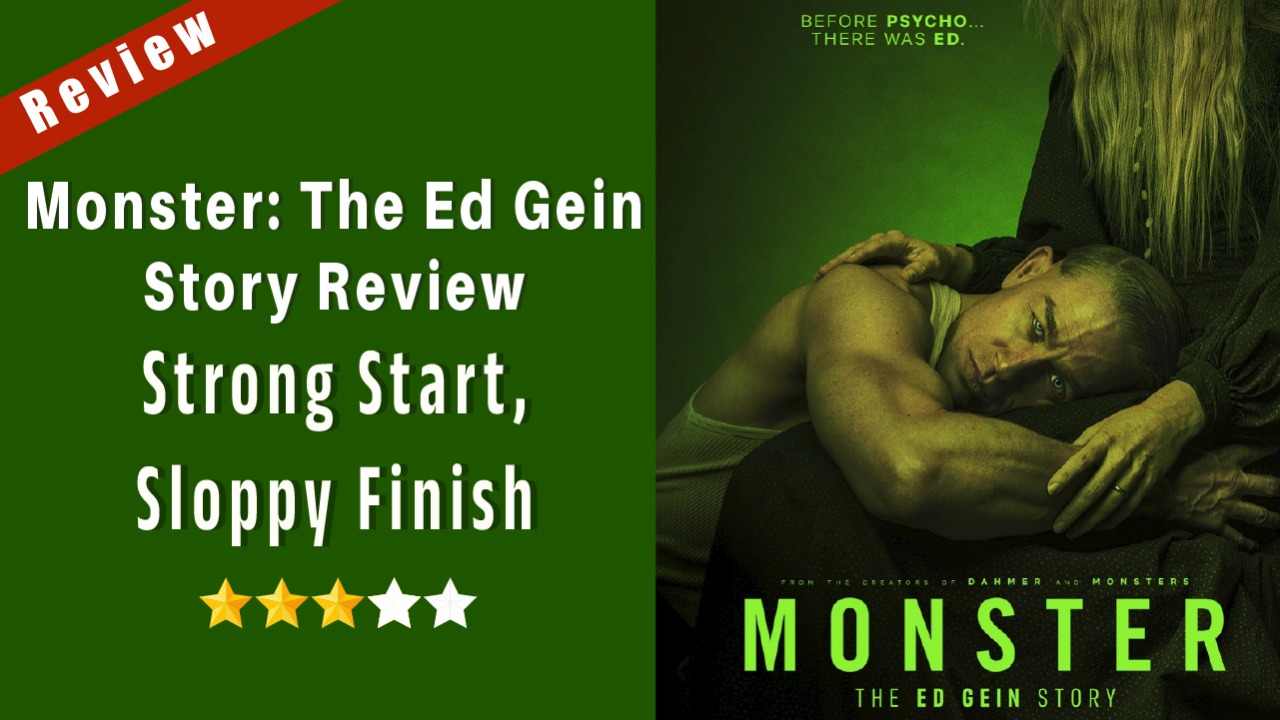In its third iteration, Ryan Murphy’s Monster anthology series retreats from the visceral horror of its predecessors and instead offers a brooding, meandering elegy on legacy with The Ed Gein Story. It arrives cloaked in shadow, not as a blistering indictment of a killer’s depravity, but as a morbid meditation on the cultural ripples he left behind. The result is an ambitious, though often errant, narrative that stares so long into the abyss, it forgets what it came to see.
Charlie Hunnam, in perhaps the most chillingly contained performance of his career, embodies Gein with a haunting fragility. He moves like a man haunted before he ever lifts a shovel, his voice trembling with the softness of a boy trapped in a grown man’s nightmares. Opposite him, Laurie Metcalf, as the domineering Augusta Gein, is fury given form—her scenes bristle with menace, though the role feels more duty-bound than inspired.
The series, penned by Ian Brennan and co-directed with Max Winkler, chooses to unfurl its tale across eight episodes—some sharp as scalpels, others as dull and wandering as small-town winters. It flits, often jarringly, between Plainfield and the broader world: Nazi Germany’s Ilse Koch, Hitchcock’s backlot, even Tobe Hooper’s chaotic film sets. These digressions, while intellectually provocative, fracture the central narrative and dilute the psychological excavation of Gein himself.
A particularly peculiar choice is the show’s penchant for name-checking the macabre hall of fame—Perkins, Hitchcock, and even a puzzling cameo by Addison Rae. Such moments feel like gothic wallpaper, ornate but ultimately unmoored from the room they’re dressing.
Still, there’s something undeniably eerie about the series’ tone—visually sumptuous, narratively fevered, it paints its portrait not in gore, but in grief, isolation, and the monstrous alchemy of repression.
Monster: The Ed Gein Story gazes outward when it ought to look in. It is less a character study than a cultural thesis, erudite yet emotionally estranged. Fascinating, yes—but one wishes the camera had lingered longer in the darkness of Gein’s mind, instead of chasing shadows cast by his wake.

